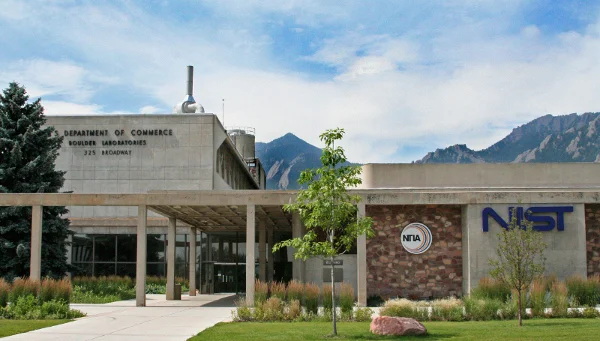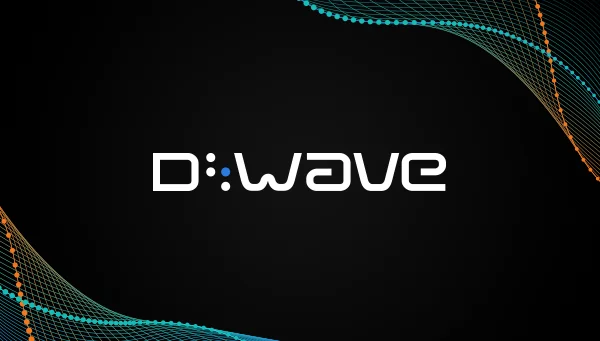Insider Brief
- India’s Department of Science and Technology has launched a rolling call for startup proposals under its National Quantum Mission to accelerate domestic innovation in quantum technologies.
- Eligible startups must focus on one of four areas—computing, communication, sensing and metrology, or materials and devices—and apply through a corresponding Thematic Hub at a top academic institution.
- The program offers more than funding, providing scientific mentorship, infrastructure access, and academic partnerships to help startups move toward commercialization.
India’s Department of Science and Technology is inviting startups to apply for research support under its National Quantum Mission, marking a key move to accelerate the country’s push into quantum technology.
The call for proposals, which opened on July 15, 2025, is part of a broader government strategy to build a strong domestic quantum ecosystem through sustained support for early-stage innovation. According to the Department of Science and Technology (DST), the initiative focuses on four main areas of quantum technology: sensing and metrology, communication, computing, and materials and devices.
Startups developing technologies in these areas are eligible to apply. Each startup must choose one domain and submit its proposal to the corresponding Thematic Hub, a government-backed center of excellence housed at a leading Indian academic institution. These include IISc Bengaluru for quantum computing, IIT Madras for quantum communication, IIT Bombay for sensing and metrology and IIT Delhi for materials and devices.

Unlike fixed-deadline grant cycles, this call is open on a rolling basis. This allows companies to apply whenever they are ready, providing a flexible path to access government backing as they reach technical milestones.
The program is open to Indian startups and for-profit institutions. Proposals are expected to demonstrate clear potential for technological impact, as well as a feasible plan for reaching commercial or applied readiness. Each Thematic Hub manages its own intake and review process, and applicants must apply directly through the relevant hub’s portal.
The hubs are designed to serve as more than just funding channels. Each one offers scientific mentorship, infrastructure support, and access to academic networks that can help early-stage companies move more quickly through the research and development phase. According to DST, these hubs are intended to serve as innovation nodes—connecting companies to top-tier researchers, lab space, and testing infrastructure in a highly specialized environment.
Launched in 2023, the National Quantum Mission is one of India’s most ambitious science and technology efforts to date. It was created to position the country as a competitive force in quantum research and commercialization, a field seen as increasingly strategic to economic growth and national security. DST leads the initiative, with support from several of India’s most prominent technical institutions, including IITs and the Centre for Development of Telematics (C-DOT).
The initiative is part of a broader global race to build quantum capabilities. While the U.S., China, and European nations have made multi-billion-dollar bets in this space, India’s approach is to build a long-term foundation by focusing on early research, talent development, and local industry partnerships. The startup support call is one piece of that plan, intended to create viable commercial pathways for quantum technologies developed in India.
The mission’s structure also reflects a bet on decentralization. Rather than placing all activity under a single authority, DST has distributed responsibilities across domain-specific hubs to create focus and depth in each area. That approach could allow for faster iteration and better alignment between startups and the specific technical challenges they aim to solve.
With the rolling call now open, DST hopes to attract a new wave of quantum entrepreneurs who can contribute to India’s next phase of scientific development — while helping the country compete in a field increasingly seen as critical to the global technology landscape.
More information and application details are available through the individual websites of the four Thematic Hubs.














